Visitors at the eerily quiet venue can receive a free media kit, filled with some surprising goods.
media
HodoBuzz shines a spotlight on women in the media with a cast of characters that redefines what it means to be Japanese.
Poster outside Takeshita Street McDonald’s alerts viewers to fake news on Japanese television.
As if things in Chiba aren’t bad enough, now these people have to put up with nosy parkers letting the cold air out.
Viewers were shocked to see the Reconstruction Minister rip into a journalist but then they couldn’t tear their eyes away from his necktie.
Anyone can pick up a camera, but it takes a certain level of artistic talent to produce the kinds of photos that you’ll see below.
The work of Japanese photographer Takashi Yasui has been exploding in popularity on major Western websites recently, and for good reason. Yasui has a knack for capturing tranquil moments of time in both the natural world and urban cityscapes in his native Japan. In particular, he’s a master at manipulating light during dawn and dusk, adding an almost otherworldly quality to his vistas. Now take a moment to sit back and relax in order to completely appreciate the scope of Yasui’s craft.
On March 18, three terrorists attacked and took hostage patrons at the Bardo National Museum in Tunisia, killing 21 people and injuring about 50 others. Among those injured was Noriko Yuki, a Japanese tourist visiting Tunisia with her mother.
Ms. Yuki sustained a gunshot wound in the attack and was taken to a nearby hospital for treatment. There, shortly after her surgery, she was immediately bombarded by Japanese media looking to interview her, with some members of the press apparently going so far as to tell the Japanese ambassador watching over her that he did “not have the authority to stop us from interviewing her.”
If you didn’t do one of these three things today, you can stop reading this article immediately:
1) Woke up and immediately looked at your phone.
2) Checked Facebook while eating a meal.
3) Played Candy Crush on your smartphone while on the toilet. (Or was that just me?)
Still with us? Okay, well this just shows that a lot of technology is seeping into every momentary pause in our day, which many educators aren’t exactly happy about. One elementary school in Japan decided to do something about it, implementing a “No Technology Challenge,” which asked students and their families to strive to completely eliminate the use of technology in their homes. Netizens were not pleased.
Japanese TV personality Yuko Ito has been working in the entertainment industry for almost 20 years now. Having been at turns a swimsuit model, actress, and pitchwoman for Sapporo Beer, Nissan, and telecommunications provider NTT, we imagine she’s run into more than a few disingenuous showbiz types while paying her dues and building a career for herself.
Now, it looks like she’s done putting up with their two-faced double-talk, assuming she can actually understand the English on the T-shirt she wore during a recent TV appearance, which implored those watching, “Protect me from all your bullshit.”
Every nation’s leader has to face one sooner or later and North Korea’s is no different. The DPRK was rocked recently by a scandal involving their Supreme Leader Kim Jong-un when a report came out that he once admitted he was “kind of boring” while visiting orphans at a hospital.
Although various rumors about Kim have circulated in other countries before, this would be the first time we know of that North Korea’s tightly controlled media will have reported a negative comment about him. Some fear this is only the beginning; further compliment-fishing remarks may come next such as,“Is that another grey hair?” or “You’re so lucky! Anytime I eat chocolate it goes right to my butt.” In great enough numbers these little utterances may seriously endanger his carefully engineered image of infallibility.
With more than 25 years of working in broadcast journalism, Japanese newscaster Ichiro Furutachi has turned in plenty of fine on-air performances. Still, each time you go before the cameras you’re spinning that roulette wheel, and it’s only a matter of time until you end up with a flub or two.
Earlier this year, the 59-year-old Furutachi elicited chuckles with his comments that exposed his lack of understanding about PowerPoint. It wasn’t Furutachi’s lack of knowledge regarding the finer points of the ubiquitous presentation software that surprised the public, but rather his admission that he didn’t even know what PowerPoint was.
What’s more, if we take the words of Furutachi’s most recent gaffe literally, it would seem that he’s not just confused about computer programs, but how electricity works, when he suggested using a room fan to stay cool during a blackout…
We’ve talked before about the oddities of how Japan’s public broadcaster, NHK, goes about collecting its fees from ordinary citizens. Rather than sending you an official bill in the mail, collectors will come to your door and ask you for a stack of cash to cover the 13,600 yen (US$133) Japanese residents are technically supposed to pay.
However, many people refuse to pony up the money, since there’s no official penalty for nonpayment, and many feel that NHK’s programming is sub-par and rarely watch it. However, should you make one particular NHK collector walk away empty-handed, he just might mark your house for all to see, as he apparently did to one person we talked to.
The Olympics gives the world’s most talented athletes a chance to show their abilities to people all over the globe. It also gives the world’s most wealthy marketers a chance to show their products to that same audience.
Among the Games’ biggest sponsors is Samsung, whose Galaxy Note 3 was granted the title of official phone of the Sochi Olympics in thanks of its manufacturer’s generosity. Some reports are claiming that the Korean electronics maker isn’t showing a respect for healthy competition, though, by asking athletes with iPhones to make sure they cover the Apple logo when on-camera.
With Yuzuru Hanyu taking home Japan’s first-ever gold medal in men’s figure skating, there’s a chance the country’s rabid sports fans will back off on the intense pressure they’ve been placing on the nation’s Olympic team. That’s sure to be a weight off the shoulders of the athletes themselves, as well as former Olympiad Dai Tamesue, who recently took so-called fans of the Japanese team to task for calling athletes who fail to reach the podium parasites.
We here at RocketNews24 occasionally get hit with accusations of having an anti-China or anti-Korea slant. And while we don’t think a story about a young Chinese man getting a seatless bicycle wedged in his butt is inherently anti-Chinese, we can see how it might be interpreted that way. We can also see how we get labeled as anti-other-Asian-countries since we largely get our information from Japanese sources, and it would be naive to say there aren’t anti-Chinese and anti-Korean forces at play within the Japanese media. You couldn’t hope for a better example than the following story that was said to have been posted by a Chinese person on a message board. The anecdote has a lot to say about how Chinese children are raised to view Japan. However, the reaction to the story itself is more revealing about what it’s like on the other side.
Paying taxes works a little differently in Japan. Often, large companies will simply deduct the required income tax from employees’ paychecks, and even file the necessary paperwork for them. On the other hand, workers have their earnings taxed twice, with residency taxes which are based on their income from the previous year and must be paid quarterly. Like most things in Japan, resident taxes can be paid with a fat wad of cash at the convenience store.
But perhaps the weirdest of all are government fees for public television in Japan. Not only do the bill collectors go door to door soliciting payment, but some administrators are looking to make people pay the fees whether they own a TV or not.
Members of the Korean media have come under fire this week after they filmed a man who warned via his Twitter account that he would jump from Mapo Bridge-a known suicide spot-and made good on his promise.
There staff on the scene made no effort to intervene and have been arrested as accomplices to the man’s suicide.
It became evident on the 16th that as a general rule, Chinese authorities would soon ban domestic media companies from using quotes from foreign media sources and information garnered from Weibo, the country’s popular microblogging website. Citing the need to “form a healthy reporting structure,” among other reasons, authorities are preparing to lay out strict reporting regulations
The General Administration of Press and Publication (GAPP) and the State Administration of Radio, Film and Television (SARFT), state authorities that control domestic media, made it clear they will start “requesting reporters and editors” not to use reports from foreign media sources or citizen-generated content from the Internet without first gaining prior approval.
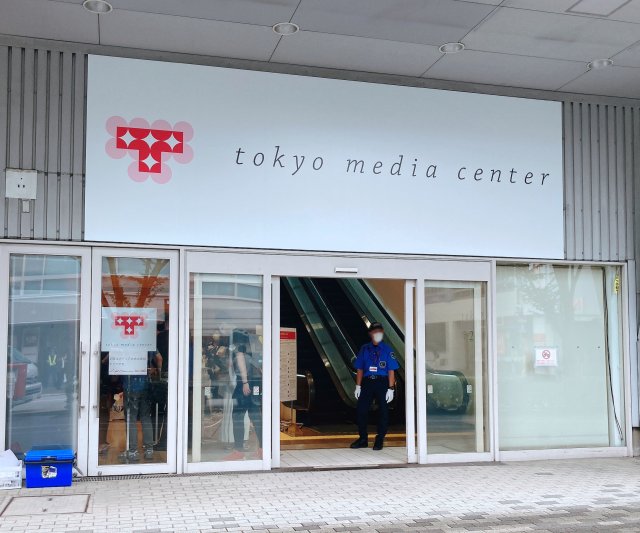
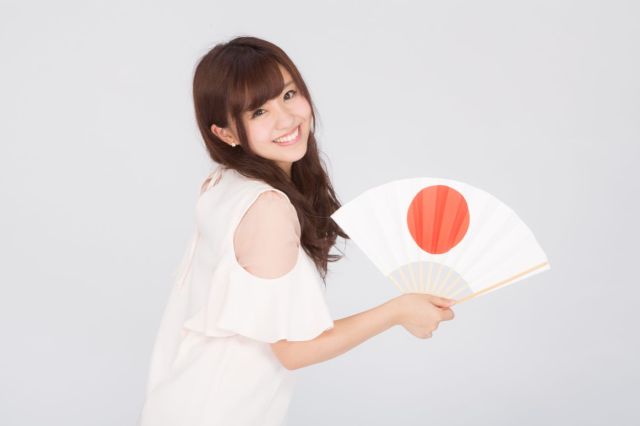
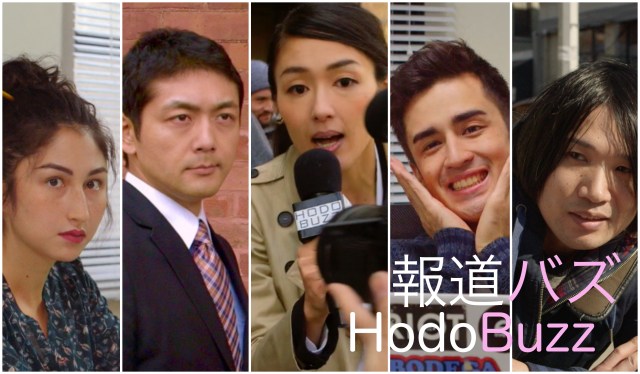
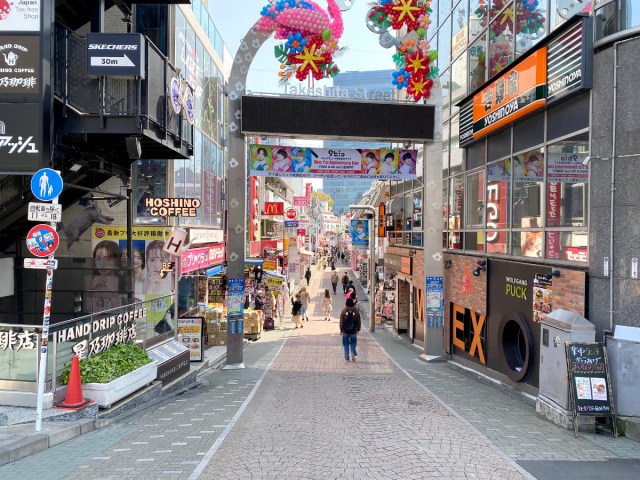

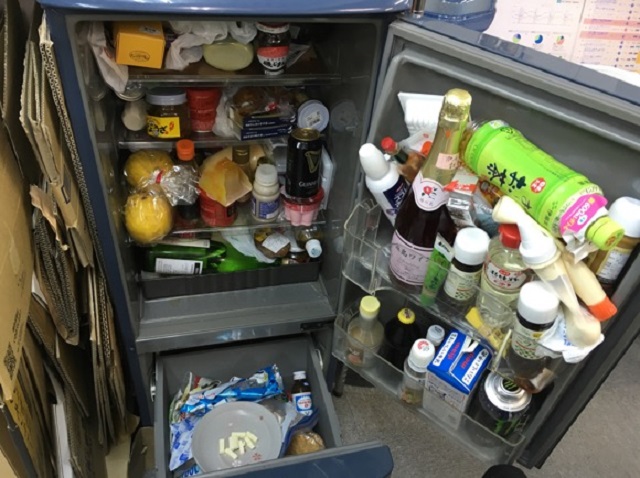
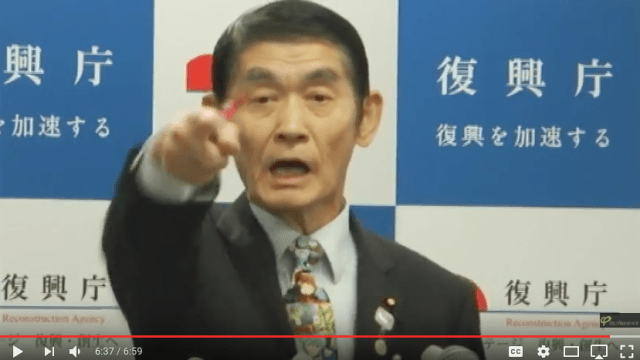
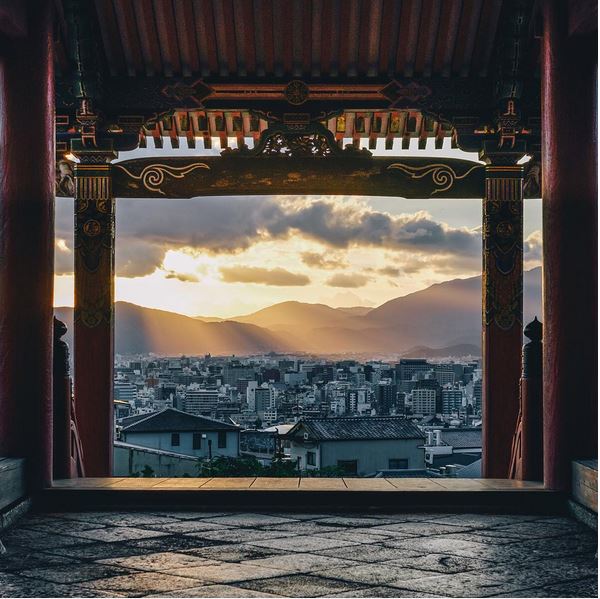


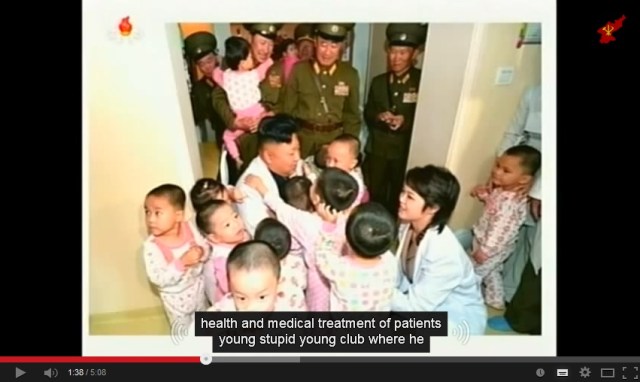
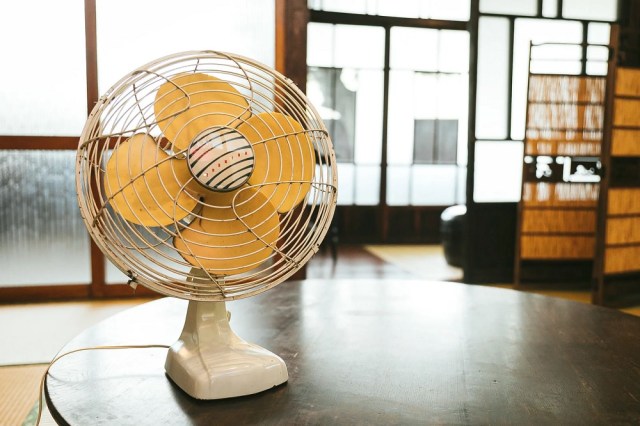
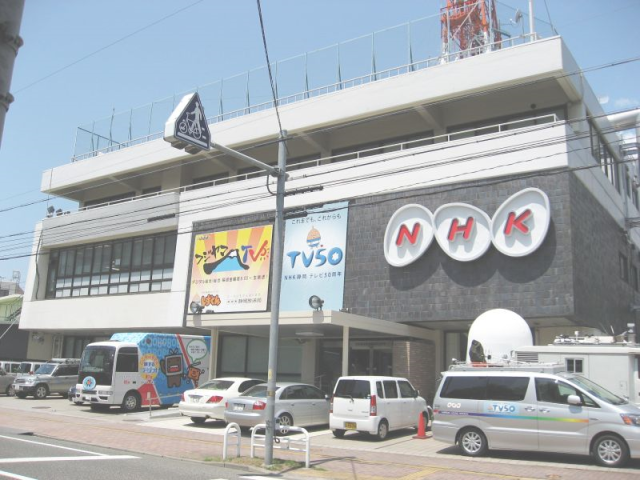
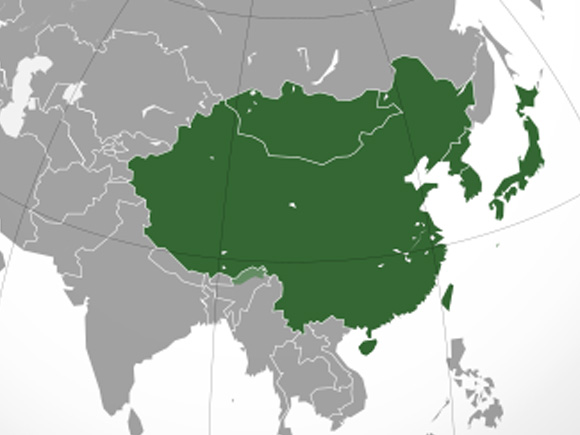

 Tokyo Skytree turns pink for the cherry blossom season
Tokyo Skytree turns pink for the cherry blossom season Yakuzen ramen restaurant in Tokyo is very different to a yakuza ramen restaurant
Yakuzen ramen restaurant in Tokyo is very different to a yakuza ramen restaurant Adorable Totoro acorn key holders come with a special guest hidden inside[Photos]
Adorable Totoro acorn key holders come with a special guest hidden inside[Photos] Starbucks Japan complexly raises prices, will now charge for takeout bags
Starbucks Japan complexly raises prices, will now charge for takeout bags Japan’s first-ever capybara cat cafe opens in Tokyo
Japan’s first-ever capybara cat cafe opens in Tokyo Tokyo park lighting up with gorgeous digital cherry blossom art display this spring
Tokyo park lighting up with gorgeous digital cherry blossom art display this spring Man arrested in Japan after leaving car in coin parking lot for six years, racking up three-million-yen bill
Man arrested in Japan after leaving car in coin parking lot for six years, racking up three-million-yen bill Super Mario and Baskin-Robbins Japan collab returns for 2024 with new flavor, goods, and more
Super Mario and Baskin-Robbins Japan collab returns for 2024 with new flavor, goods, and more Official Harry Potter site releases info about the mysterious Japanese wizards and their school
Official Harry Potter site releases info about the mysterious Japanese wizards and their school Hey, Japanese taxi driver! Take us to the best Turkish rice restaurant in Nagasaki!
Hey, Japanese taxi driver! Take us to the best Turkish rice restaurant in Nagasaki! The 10 most annoying things foreign tourists do on Japanese trains, according to locals
The 10 most annoying things foreign tourists do on Japanese trains, according to locals Starbucks Japan releases new sakura goods and drinkware for cherry blossom season 2026
Starbucks Japan releases new sakura goods and drinkware for cherry blossom season 2026 Naruto and Converse team up for new line of shinobi sneakers[Photos]
Naruto and Converse team up for new line of shinobi sneakers[Photos] Is Sapporio’s Snow Festival awesome enough to be worth visiting even if you hate the snow? [Pics]
Is Sapporio’s Snow Festival awesome enough to be worth visiting even if you hate the snow? [Pics] Japan has trams that say “sorry” while they ride around town…but why?
Japan has trams that say “sorry” while they ride around town…but why? Sakura Totoro is here to get spring started early with adorable pouches and plushies
Sakura Totoro is here to get spring started early with adorable pouches and plushies Starbucks Japan unveils new sakura Frappuccino for cherry blossom season 2026
Starbucks Japan unveils new sakura Frappuccino for cherry blossom season 2026 Poop is in full bloom at the Unko Museums for cherry blossom season
Poop is in full bloom at the Unko Museums for cherry blossom season Now is the time to visit one of Tokyo’s best off-the-beaten-path plum blossom gardens
Now is the time to visit one of Tokyo’s best off-the-beaten-path plum blossom gardens Playing Switch 2 games with just one hand is possible thanks to Japanese peripheral maker
Playing Switch 2 games with just one hand is possible thanks to Japanese peripheral maker Japan’s newest Shinkansen has no seats…or passengers [Video]
Japan’s newest Shinkansen has no seats…or passengers [Video] Foreigners accounting for over 80 percent of off-course skiers needing rescue in Japan’s Hokkaido
Foreigners accounting for over 80 percent of off-course skiers needing rescue in Japan’s Hokkaido Super-salty pizza sends six kids to the hospital in Japan, linguistics blamed
Super-salty pizza sends six kids to the hospital in Japan, linguistics blamed Foreign tourists in Japan will get free Shinkansen tickets to promote regional tourism
Foreign tourists in Japan will get free Shinkansen tickets to promote regional tourism Take a trip to Japan’s Dododo Land, the most irritating place on Earth
Take a trip to Japan’s Dododo Land, the most irritating place on Earth Archfiend Hello Kitty appears as Sanrio launches new team-up with Yu-Gi-Oh【Pics】
Archfiend Hello Kitty appears as Sanrio launches new team-up with Yu-Gi-Oh【Pics】 Survey asks foreign tourists what bothered them in Japan, more than half gave same answer
Survey asks foreign tourists what bothered them in Japan, more than half gave same answer Japan’s human washing machines will go on sale to general public, demos to be held in Tokyo
Japan’s human washing machines will go on sale to general public, demos to be held in Tokyo Starbucks Japan releases new drinkware and goods for Valentine’s Day
Starbucks Japan releases new drinkware and goods for Valentine’s Day We deeply regret going into this tunnel on our walk in the mountains of Japan
We deeply regret going into this tunnel on our walk in the mountains of Japan Studio Ghibli releases Kodama forest spirits from Princess Mononoke to light up your home
Studio Ghibli releases Kodama forest spirits from Princess Mononoke to light up your home Major Japanese hotel chain says reservations via overseas booking sites may not be valid
Major Japanese hotel chain says reservations via overseas booking sites may not be valid Put sesame oil in your coffee? Japanese maker says it’s the best way to start your day【Taste test】
Put sesame oil in your coffee? Japanese maker says it’s the best way to start your day【Taste test】 No more using real katana for tourism activities, Japan’s National Police Agency says
No more using real katana for tourism activities, Japan’s National Police Agency says Tokyo park lighting up with gorgeous digital cherry blossom art display this spring
Tokyo park lighting up with gorgeous digital cherry blossom art display this spring Man arrested in Japan after leaving car in coin parking lot for six years, racking up three-million-yen bill
Man arrested in Japan after leaving car in coin parking lot for six years, racking up three-million-yen bill Super Mario and Baskin-Robbins Japan collab returns for 2024 with new flavor, goods, and more
Super Mario and Baskin-Robbins Japan collab returns for 2024 with new flavor, goods, and more Official Harry Potter site releases info about the mysterious Japanese wizards and their school
Official Harry Potter site releases info about the mysterious Japanese wizards and their school Hey, Japanese taxi driver! Take us to the best Turkish rice restaurant in Nagasaki!
Hey, Japanese taxi driver! Take us to the best Turkish rice restaurant in Nagasaki! Blowfish-shaped fugu bento appears to celebrate Japan’s Blowfish Day [Taste test]
Blowfish-shaped fugu bento appears to celebrate Japan’s Blowfish Day [Taste test] Ghibli Park adds new anime food to the menu at restaurants and Kiki’s bakery
Ghibli Park adds new anime food to the menu at restaurants and Kiki’s bakery Sakura Totoro is here to get spring started early with adorable pouches and plushies
Sakura Totoro is here to get spring started early with adorable pouches and plushies Tokyo’s Chidorigafuchi announces sakura festival light-up dates, new boat reservation system
Tokyo’s Chidorigafuchi announces sakura festival light-up dates, new boat reservation system Last chance coming up for amazing east Japan for all-you-can-ride Shinkansen-inclusive train pass
Last chance coming up for amazing east Japan for all-you-can-ride Shinkansen-inclusive train pass 10 times to avoid traveling in Japan in 2026
10 times to avoid traveling in Japan in 2026 A visit to the largest Daiso 100 yen shop in all Japan【Photos】
A visit to the largest Daiso 100 yen shop in all Japan【Photos】